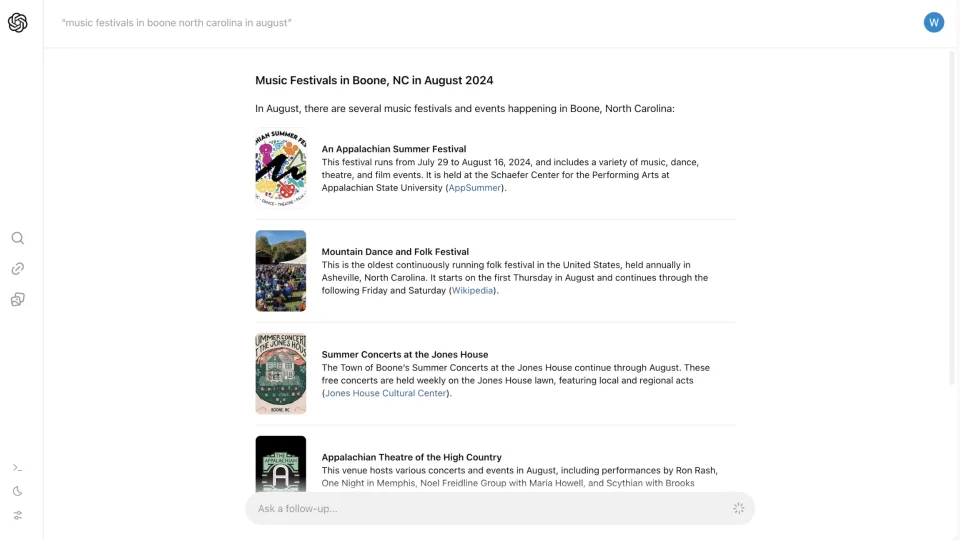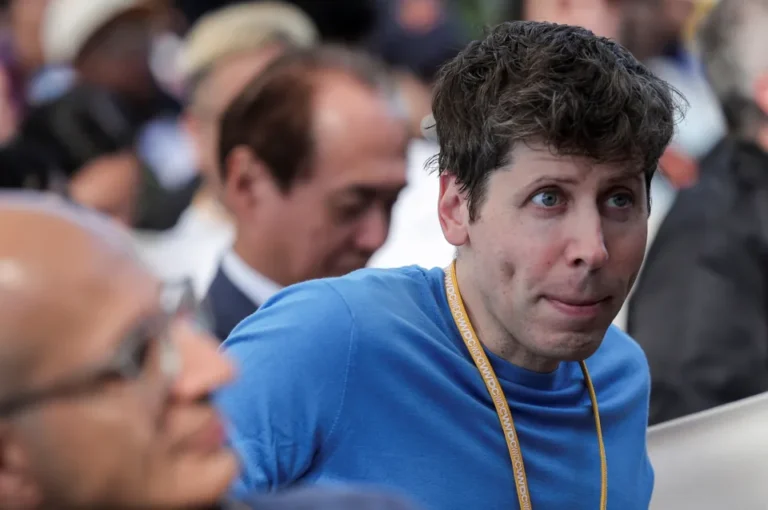At this time, the service is a prototype that is only available to a limited number of 10,000 testers.
An artificial intelligence (AI)-powered search engine prototype known as SearchGPT was introduced by OpenAI on Thursday. Through this move, the corporation is making its debut in the highly competitive search engine sector, which has been dominated by Google for several decades. OpenAI characterized SearchGPT as “a temporary prototype of new AI search features that give you fast and timely answers with clear and relevant sources” on their website. Such a description was made available to the public. After receiving input from the initial 10,000 users, the company intends to implement the product into ChatGPT after doing the product’s testing with those consumers.
In the midst of increasing rivalry in the field of AI-powered search, SearchGPT has officially launched. Google, the most popular search engine in the world, has just lately started incorporating artificial intelligence capabilities into its platform. Additionally, other firms, such as the one that is backed by Jeff Bezos and is called Perplexity, have also attempted to compete with Google by marketing themselves as “answer engines” that employ artificial intelligence to summarize the internet.
There has been a lot of controversy about the advent of search engines powered by artificial intelligence. Perplexity was criticized for summarizing stories from Forbes and Wired without providing proper attribution or backlinks to the publications. Additionally, the website ignored robots.txt, which is a mechanism for websites to notify crawlers that scrape material to back off. This criticism was leveled against the website last month. At the beginning of this week, it was claimed that the publisher of Wired, Condé Nast, had addressed a letter to Perplexity accusing it of plagiarism and requesting that it cease and desist.
OpenAI appears to be taking a more collaborative approach with SearchGPT, which may be a result of the tensions that have been occurring. An article published on the company’s blog highlights the fact that the prototype was developed in collaboration with a number of different news organizations. The article also includes remarks from the chief executive officers of The Atlantic and News Corp, two of the many publishers with which OpenAI has achieved licensing agreements.
The company’s blog post states that “SearchGPT is designed to help users connect with publishers by prominently citing and linking to them in searches.” This describes the purpose of the software. Users are able to immediately engage with even more results in a sidebar that has source links because responses have explicit, in-line, named attribution and links associated with them. This allows users to know where the information is coming from. Publishers will also have discretion over how their content is shown in SearchGPT, and they will have the option to opt out of having their content used for training OpenAI’s models while still showing in search results. This was another point that OpenAI brought up with their announcement.
The UI of SearchGPT includes a large textbox that addresses users with the question, “What are you searching for?” When compared to conventional search engines such as Google, which only provide a list of links, SearchGPT organizes the results into categories by providing brief explanations and visual references.

If you are looking for information about music festivals, for instance, the search engine will present you with brief summaries of the events along with links to additional information. On the other hand, a number of users have brought to our attention the fact that the search engine is already submitting results that contain erroneous information.
In ChatGPT's recent search engine announcement, they ask for "music festivals in Boone North Carolina in august"
— kif (@kifleswing) July 25, 2024
There are five results in the example image in the ChatGPT blog post :
1: Festival in Boone … that ends July 27 … ChatGPT's dates are when the box office is… pic.twitter.com/OBwNgNcLto

